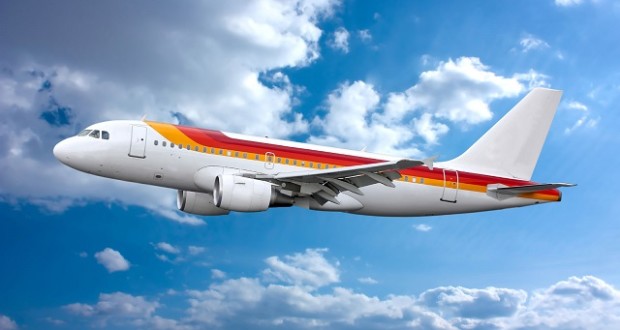In the modern world air traffic has become a necessity and a part of the daily life of each individual, for both business and personal events. One of the main reasons why we choose to use air transportation is primarily the efficiency of it. Often we spend supstantional amounts of money to get to our destination quickly and efficiently, and within a reasonable time frame.
In an ideal world it would probably be so but because our world is not perfect we are often encountered with delayed or canceled flights or inability to board a plane for which we have reserved a ticket. In these situations, we are often forced to postpone our plans, and often this comes with some of our money and time simply being wasted.
If such unfavorable situation is a direct fault of the airlines, aren’t we supposed to get a reimbursement or compensation?
In order to provide such compensation, the EU Parliament passed a set of rules that govern the rights of passengers and the obligations of Airlines in these situations.
Such rules opened the door for people to more often than before seek compensation from the Airlines, after their flights have been canceled or have been drastically delayed. The airlines have therefore had to pay a lot of money to those kinds of passengers.
It is suffice here to point out that such a situation is not quite acceptable for the Airlines, se they are trying in various ways to limit the number of occasions which oblige them to pay out compensations. This is why it happened that in a few cases when they were supposed to pay out the compensation, they actually put it on hold to await the end of the court process.
This is precisely the way by which the airlines are trying to create a precedent that would limit the number of paid compensation. However, despite all attempts, the most common outcome of these lawsuits has not been in favor of the airlines. On the contrary, they managed only to strengthen the rules that already exist and create precedents that have opened the doors for those seeking further compensation.
In most cases, the airlines relied on two arguments. The first is that there are exceptional circumstances which they can not influence, and are therefore not obliged to provide any compensation , and the other is that there case is old and that the statutory limitations aplie and therefore the passinger has no right to demand any compensations.
On several occasions, the supreme courts have rejected such arguments, bringing a verdict in favor of the passengers and frequently without the right to appeal. It seems that the airlines forget that judges are people who also travel by plane, and they face the same problems as everybody else.
While putting the humor aside, it would be best if we show you some of the cases and judgments, so you can have a valid counterargument if any airline blocks your claim for compensation.
As to the first argument, I must say that it is listed in the regulations:
“An operating air carrier shall not be obliged to pay compensation in accordance with Article 7, if it can prove that the cancellation is caused by extraordinary circumstances which could not have been avoided even if all reasonable measures had been taken.”
In one case from 2008, the European Court of Justice explained this rule more closely and narrowed the maneuvering space for the airlines. This is what they said:
“any technical issues during aircraft maintenance don’t constitute “extraordinary circumstances” that would allow airlines to avoid paying passengers compensation for canceled flights”
This created a precedent, where airlines now have to prove that they could in no way stopped the occurrence of exceptional or technical circumstances, due to which the flight has been delayed or canceled.
It would be interesting to mention another case from 2010. The verdict was made in favor of Ryanair Ltd, which states that a natural disaster, the volcanic eruption in Iceland, really represents an exceptional circumstance, so the Airline does not have to payout compensation. However, in its statement the court announced that there are no super exceptional situations where the airline is released from the obligation to provide care for passengers during flight delays, and that this obligation has neither Time nor monetary limit.
As to the second argument, you should know that in Britain you have the right to seek compensation for flights of up to six years old, with the exception of Scotland, where this number is reduced to five. Despite this, some airlines are refusing to acknowledge the request for compensation which are more than two years old.
In these situations, the law is clearly on your side and if necessary you can feel free to go to court because they will likely accept your request.
In any case, airlines are under a lot of pressure because they often refuse to accept fully valid claims for compensation. Considering that recently came to light that most of them do not meet this legal obligation, it is likely that they will be forced by additional legal documents to do so.
This means that the airlines will be under heavy scrutiny and that in the future getting compensation will be somewhat easier. Companies like www.claimflights.co.uk and www.claimflights.com help customers to get easy compensations.
 Living There
Living There



